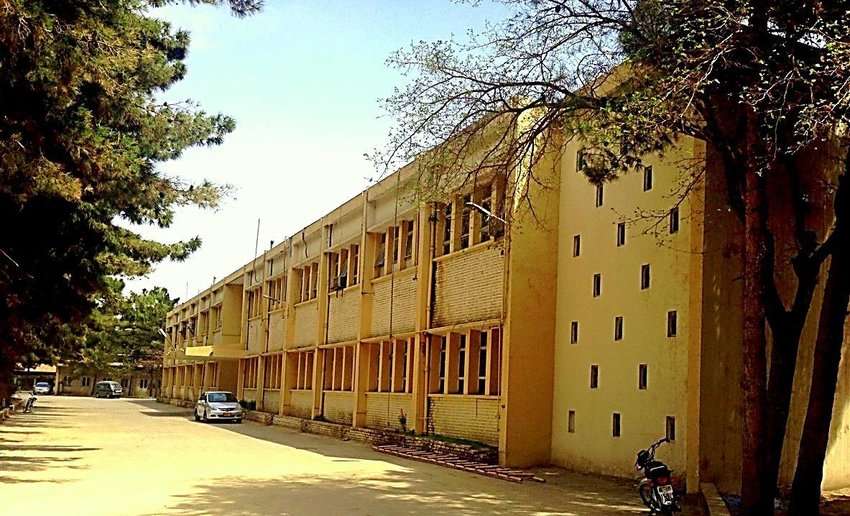
Decision to relocate the offices of the Geological Survey of Pakistan from Balochistan to Islamabad has ignited a passionate debate, and for good reason. The move has raised concerns over its potential impact on the developmental progress achieved by the GSP in Balochistan and the region’s autonomy. The GSP’s projects in Balochistan have yielded substantial gains, showcasing the province’s considerable geological potential. However, the decision to move the GSP’s headquarters to Islamabad has sparked backlash, with many questioning the motives and potential repercussions of this shift. Among those leading the charge against the relocation is the Balochistan National Party, which argues that this move threatens to undermine the province’s development and autonomy.
One of the core arguments against the relocation is the fear that Balochistan’s progress might be stifled. The GSP has spearheaded numerous projects in the region, including the successful Rekodak and Tharkol endeavors. These initiatives represent not only economic potential but also a source of local pride and empowerment. Shifting the GSP’s offices could disrupt the momentum built over the years, potentially leading to delays, mismanagement, and a loss of expertise critical for effective implementation.
Furthermore, the decision has reignited concerns about the province’s autonomy and equitable resource allocation. Balochistan has historically struggled with feelings of marginalization and neglect, and the move to centralize a vital department’s operations could reinforce these sentiments. Balochistan’s unique geological landscape necessitates specialized attention, which could be compromised by moving operations away from the province. Maintaining the GSP’s presence in Balochistan could symbolize a commitment to addressing these concerns and promoting a more inclusive development agenda.
The stance of the Balochistan National Party (BNP) on this matter deserves attention. As a political and democratic entity, the BNP has a vested interest in ensuring the rights and interests of the Balochistan people are safeguarded. Their opposition to the relocation underscores the need for transparent decision-making processes that consider the concerns and aspirations of the local population. By taking such a stance, the BNP aims to prevent further erosion of Balochistan’s autonomy and progress.
The government and relevant authorities should consider this controversy as an opportunity to engage in meaningful dialogue and collaboration. While centralization might be deemed necessary for logistical or administrative reasons, it is imperative that the potential consequences are thoroughly evaluated and mitigated. Inclusivity in decision-making can help foster trust and collaboration between federal and provincial entities, leading to more effective and sustainable development initiatives.
Decision to relocate the Geological Survey Department’s offices to Islamabad is a contentious issue with far-reaching implications. The GSP’s successful projects in Balochistan have demonstrated the province’s geological potential and contributed to its development. As the debate rages on, it is crucial for decision-makers to heed the concerns of the Balochistan National Party and other stakeholders who argue that the relocation could hinder progress and undermine the province’s autonomy. Balochistan’s developmental journey should be guided by a spirit of cooperation and consultation, aiming to uplift the province while preserving its unique identity and aspirations.
Pictures Courtesy Google

